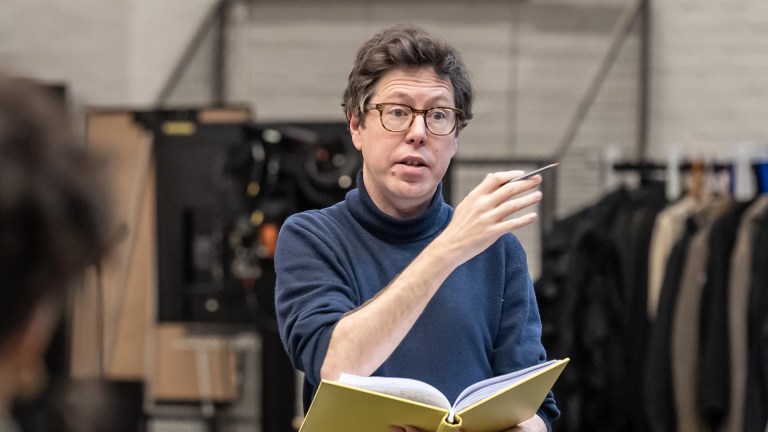It’s school exams season – the period that a child’s entire education has been gunning towards. Not to overstate things.
Whatever the exam, in whichever part of the UK, there is immense pressure. Coming out of Covid, lockdowns, isolation, dislocation, strikes and continual socio and political flux, fourth, fifth and sixth years are heading to echoey halls to take their tests.
They’re told they need to learn both many pieces of subject knowledge, plus the very specific skills that will be employed during exams. And only during exams. And then, come August, they’ll be greeted with a cacophonist clang of chin-stroking commentators telling them that if they get the results they expected/hoped for/needed/bettered it means little because the exams aren’t really hard any more. OR, if they don’t get the results they needed they’ll have a host of well-meaning handwringers saying don’t worry, look at me, I got godawful results and it never held me back. I’m now running a massive FT100 listed company; or, depending, on whose turn it is, I’m now manager of Leeds United.
Which is not massively helpful, coming as it does at the end of a period in which young lives have been focused on the outcome. Into this moment, enter Keir Starmer. After pledging to get rid of university tuition fees if Labour were elected, he now says he won’t.
This hasn’t caused much uproar because the prevailing argument is that a university education will benefit those who take it so they should carry the cost burden. It has also been argued that the repayment aspect of tuition fees helps those who are less well off as there is no upfront charge and they can benefit and then not worry about repayment until they are earning certain amount (over £22,000); that is scaled up as they earn more.
Added to this is the public purse. Covering university tuition fees would cost about £9 billion a year. And there are other things to do with that money.










